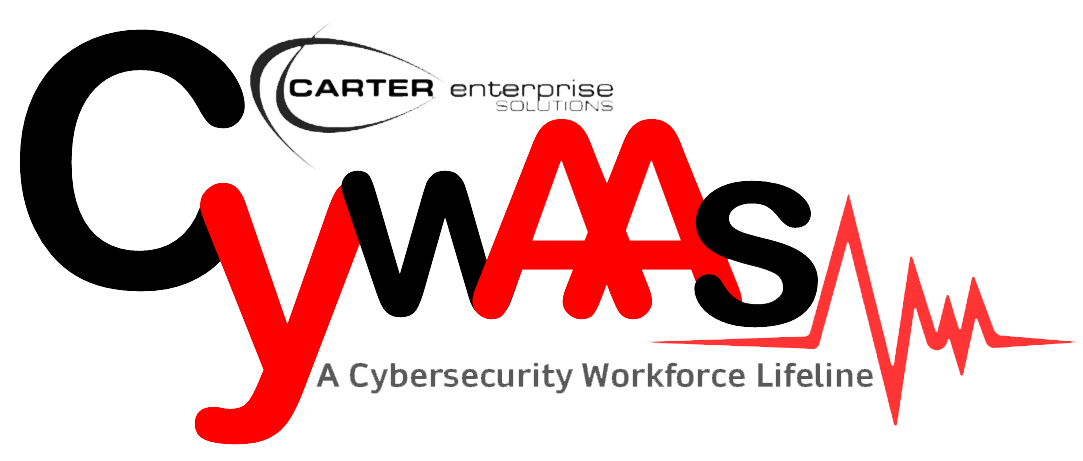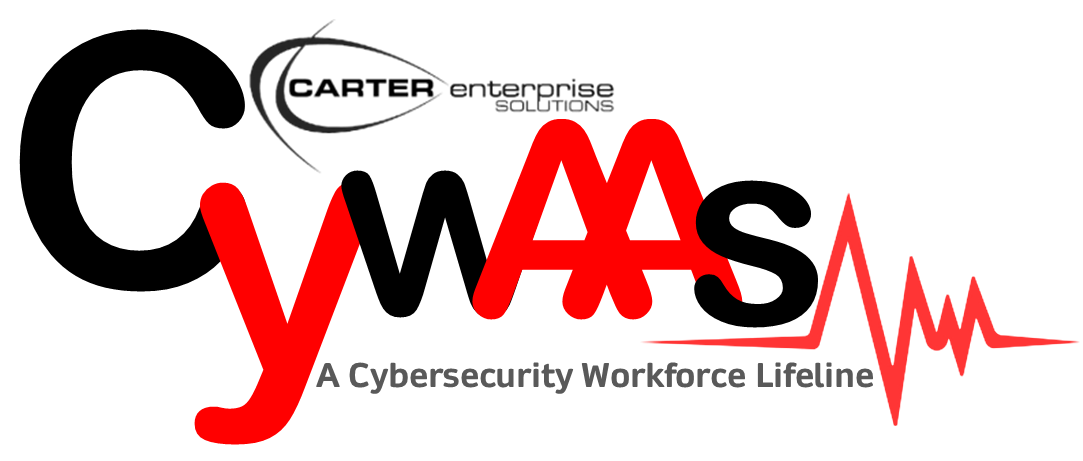Job Description:
We are seeking a talented and experienced AI Engineers to join our dynamic team. The ideal candidate will have a background in artificial intelligence, machine learning, and/or software engineering, with experience developing and implementing AI solutions. As an AI Engineer, you will play a key role in designing, building, and deploying cutting-edge AI systems that address real-world challenges and deliver tangible value to our clients.
Responsibilities:
- Collaborate with cross-functional teams to understand business requirements and identify opportunities for applying AI/ML solutions.
- Design, develop, and implement machine learning algorithms and models to solve specific problems, such as predictive analytics, natural language processing, computer vision, and recommendation systems.
- Collect, preprocess, and analyze large volumes of data to extract meaningful insights and features for model training.
- Evaluate and fine-tune AI models for performance, accuracy, and scalability, using techniques such as hyperparameter optimization and model ensembling.
- Deploy AI solutions into production environments and ensure their robustness, reliability, and scalability.
- Stay updated on the latest advancements in AI, machine learning, and related technologies, and contribute to research and development efforts.
- Mentor and guide junior team members, and provide technical expertise and support to other teams as needed.
- Associates or Bachelor's degree in Computer Science, Engineering, Mathematics, or related field. Advanced degree (Master's or Ph.D.) preferred.
- Experience in AI/ML development and implementation, with a strong portfolio of projects showcasing your expertise.
- Proficiency in programming languages such as Python, Java, or C++, and experience with AI/ML libraries and frameworks (e.g., TensorFlow, PyTorch, scikit-learn).
- Solid understanding of machine learning algorithms, deep learning architectures, and neural network models.
- Experience with data preprocessing, feature engineering, and model evaluation techniques, as well as knowledge of distributed computing and parallel processing.
- Strong problem-solving skills, analytical thinking, and attention to detail.
- Excellent communication and collaboration abilities, with the ability to work effectively in a fast-paced, agile environment.
- Certified TensorFlow Developer
- AWS Certified Machine Learning Specialty
- Microsoft Certified: Azure AI Engineer Associate
- Google Cloud Professional Data Engineer
- IBM Data Science Professional Certificate
- Domain Knowledge: Having domain expertise in specific industries such as healthcare, finance, manufacturing, or e-commerce can be invaluable for understanding business requirements, data characteristics, and domain-specific challenges.
- Big Data Technologies: Proficiency in big data technologies such as Hadoop, Spark, or Kafka can be beneficial for handling and processing large-scale datasets efficiently.
- Cloud Computing: Experience with cloud computing platforms such as AWS, Azure, or Google Cloud can facilitate the deployment, scalability, and management of AI solutions in cloud environments.
- DevOps Practices: Familiarity with DevOps practices, including continuous integration, continuous deployment, and infrastructure automation, can streamline the development and deployment of AI applications.
- Software Engineering Principles: Strong software engineering skills, including proficiency in software design patterns, version control systems (e.g., Git), and software testing methodologies, are essential for building robust and maintainable AI systems.
- Interdisciplinary Collaboration: The ability to collaborate effectively with professionals from diverse backgrounds, including data scientists, domain experts, UX/UI designers, and business stakeholders, is crucial for developing holistic AI solutions that address real-world needs.
- Ethical Considerations: Awareness of ethical considerations and societal implications related to AI, such as bias mitigation, fairness, transparency, and privacy, is important for developing responsible AI applications.
- Communication Skills: Excellent written and verbal communication skills are essential for effectively conveying technical concepts, presenting findings and recommendations, and collaborating with team members and stakeholders.
- Problem-solving Abilities: Strong problem-solving skills, creativity, and adaptability are essential for tackling complex challenges, exploring innovative solutions, and overcoming obstacles encountered during the development and deployment of AI systems.
- Lifelong Learning: A commitment to continuous learning and staying updated on the latest advancements in AI, machine learning, and related technologies is critical for remaining competitive and driving innovation in the field.


